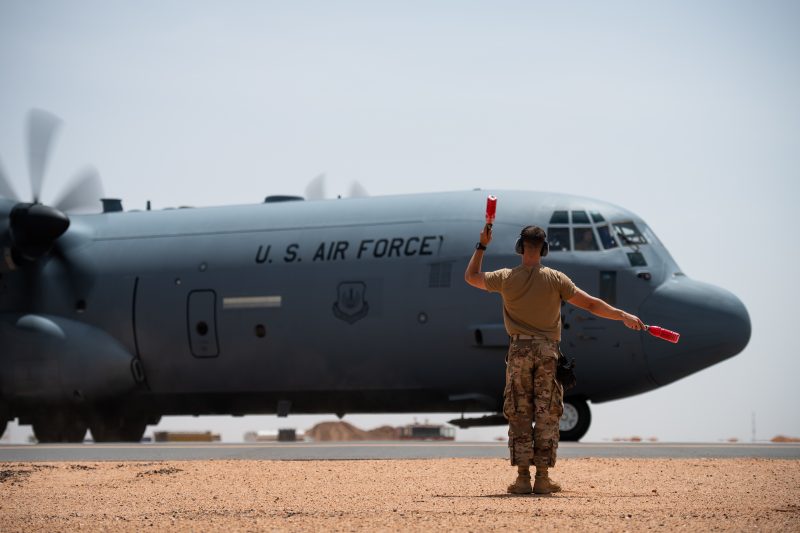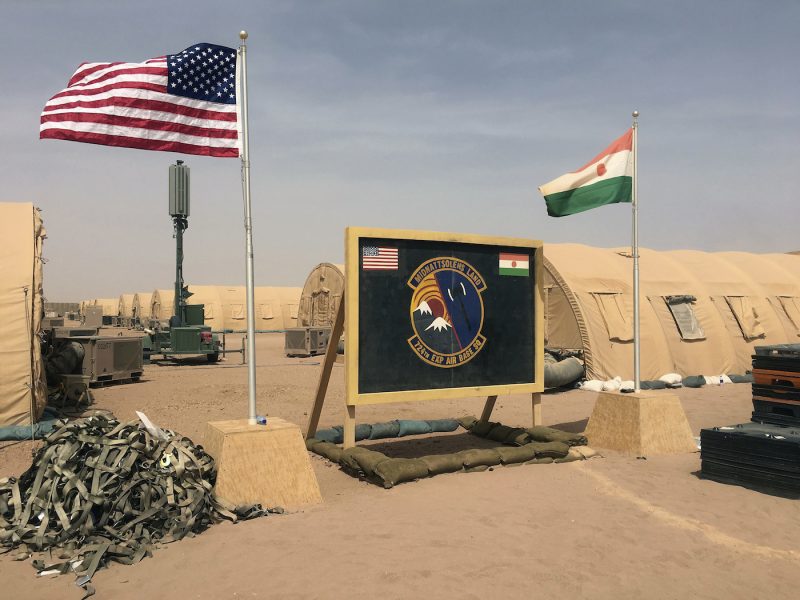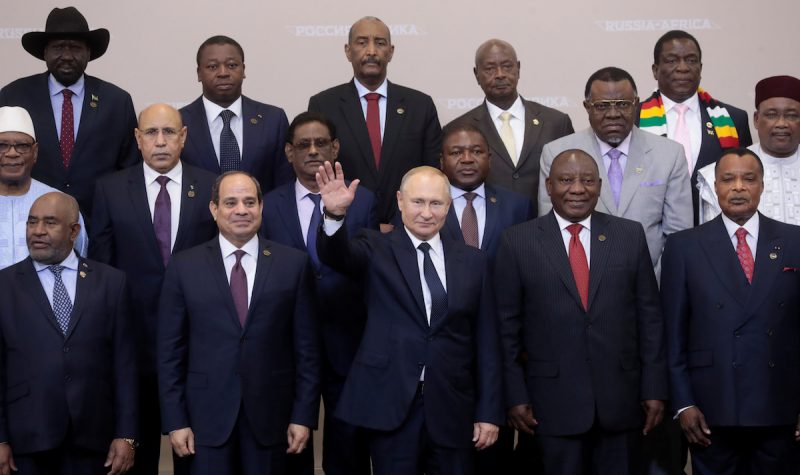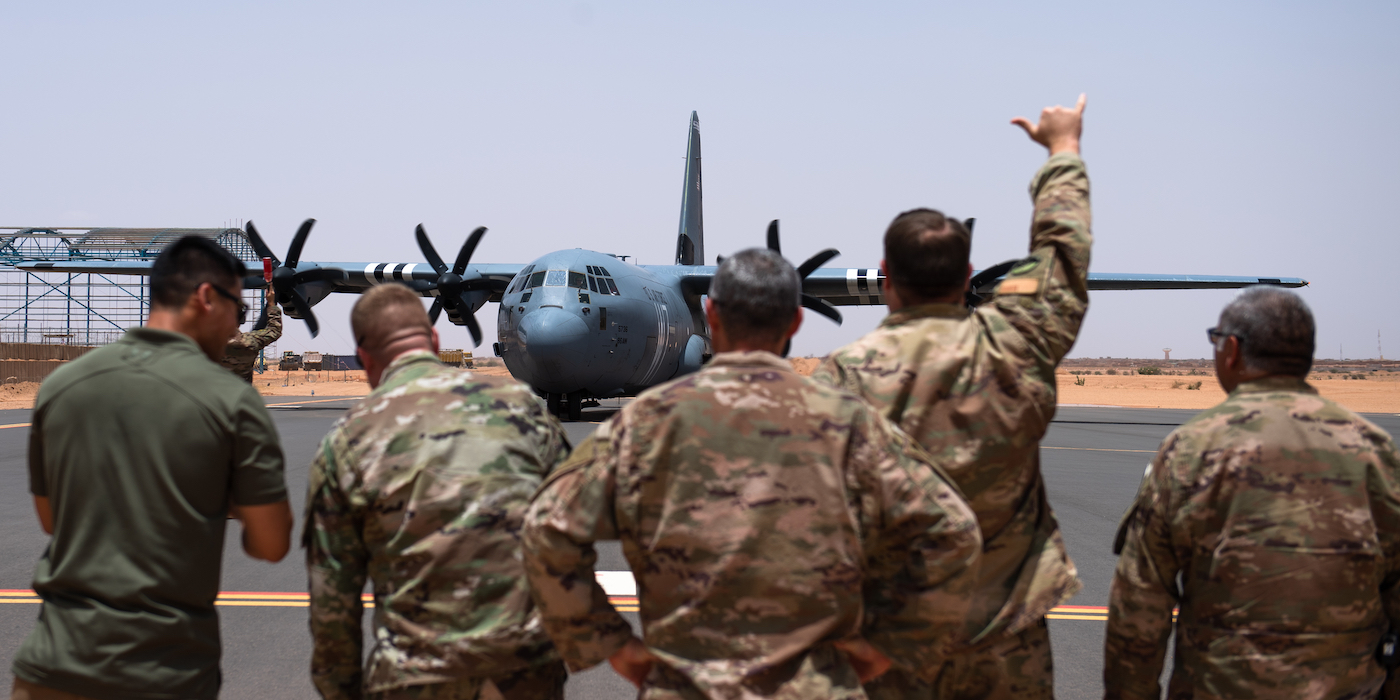- The US military is reassessing its operations as part of a shift toward competition with so-called great powers, like Russia and China.
- The Pentagon has been focusing on Africa, where US officials want to pull back, including shuttering a drone base that just opened.
- Visit Business Insider’s homepage for more stories.
As part of a worldwide shift toward the possibility of confrontation with Russia and China, the Pentagon is weighing a drawdown in Africa – including “abandoning” a $110 million base in Niger that began operating only in November, The New York Times reported Tuesday.
The decision is part of an effort to reorient toward so-called great-power competition, outlined in the 2018 National Defense Strategy. A determination on US forces in Africa is expected in January, according to The Times.
The effort could eventually affect most US military operations around the world, including expected drawdowns in Iraq and Afghanistan and an “overhaul” of US deployments to Latin America.

Nigerien Air Base 201, located near Agadez on the southern edge of the Sahara, was supposed to open in 2018, but bad weather and harsh conditions pushed that to November.
The air base is only one part of US counterterrorism operations in Africa, but it is also one of the newest and, according to US officials, was the largest Air Force-led construction project in history.
The facility was built "from scratch" for use by Nigerien and US aircraft, both armed and unarmed. Nigeriens were also employed for day-to-day jobs at the base.
"The US military is at Nigerien Air Base 201 at the request of the Government of Niger," US Army Gen. Stephen Townsend, the head US Africa Command, said in a release. "We are working with our African and international partners to counter security threats in West Africa. The construction of this base demonstrates our investment in our African partners and mutual security interests in the region."
Intelligence, surveillance, and reconnaissance operations to counter extremist groups in the region began in early November, US Africa Command said.
'Closely held' planning that US lawmakers and military officials will likely push back on

US forces have been in West Africa to train partner forces to fight local groups like Boko Haram and offshoots of Al Qaeda and the Islamic State for some time. Four US Army Green Berets were killed in an ambush during a mission against an ISIS group leader in Niger in 2017.
Discussions about shifting away from nearly two decades of counterterrorism operations there and in other regions are not new, either.
An Africa Command official told Air Force Times late last year that such a shift would most likely not affect operations at Air Base 201, as the plan in West Africa was to "decrease emphasis" on "tactical-level advice and assistance and move to a more strategic approach" that focused "more heavily on advising, assisting, liaising, and sharing intelligence at key nodes throughout the region."
But current planning to pull back from West Africa has been "closely held" by the Pentagon, according to The Times, which said Congress had not been consulted.
The team led by Defense Secretary Mark Esper has questioned the value of those West Africa operations and believes the US should reduce its efforts against groups that haven't shown the capacity or desire to attack the US, which describes groups in West Africa, according to The Times.

US lawmakers and military officials and allies are expected to push back against reductions, arguing they could undermine stability in Africa, leading to more migration toward Europe and open a window for China and Russia to expand their influence.
Russia and China have been active in Africa, too
Russian President Vladimir Putin has nurtured long-standing ties with the continent. He hosted his country's first pan-African summit in October, inviting more than 40 African leaders, many of them from countries Russia has never been close with.
Russia is limited in the financial support it can offer to African countries, focusing instead on energy, resource extraction, and security. The Wagner Group, a Russian private military contractor, has been active across Africa.
China, by contrast, has spent lavishly on aid, loans, and investment in development projects in the region. As it has elsewhere, that activity has raised concerns about Chinese influence, its effect on governance, and local governments' indebtedness to Beijing.
Africa has also been the site of China's growing military ambitions. Beijing opened its first overseas military outpost in Djibouti in August 2017. That base is located near the US's largest base in Africa, Camp Lemonnier, and US military officials and lawmakers have warned about Chinese activity in the area.
Concern about what Russia and China may do in Africa is unlikely to persuade those who have argued for more restrained use of US power and resources abroad.
"As if it could be bad for us to keep bases in West Africa but bountiful for China," Ben Friedman, a policy director at the advocacy group Defense Priorities, said on Twitter in regard to the Pentagon deliberations outlined by The Times.
